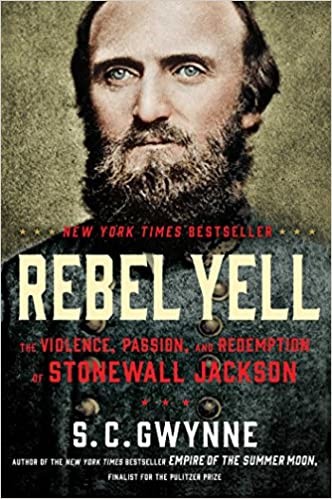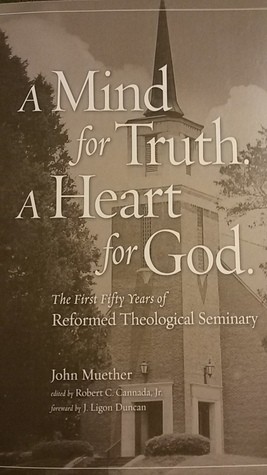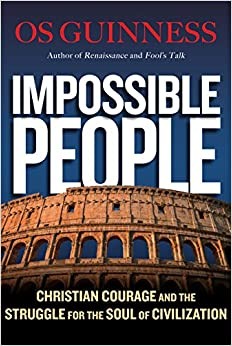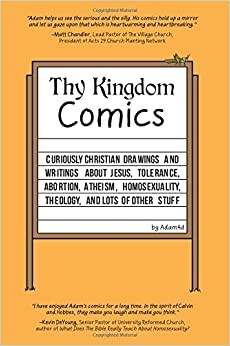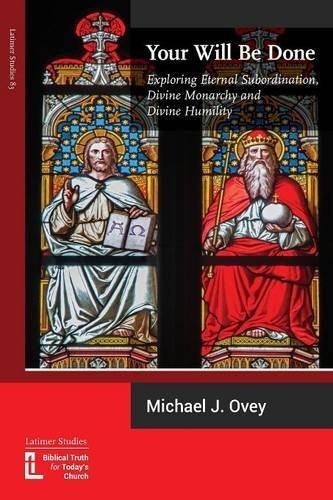Book Briefs
September 13, 2016Here are some of the books I read over the summer.
S.C. Gwynne, Rebel Yell: The Violence, Passion, and Redemption of Stonewall Jackson (Scribner, 2014). A tremendously well-written biography, with a deft touch for pacing, narrative flow, and the use of flashback storytelling. Although the approach is “popular history,” Gwynne—a journalist and Pulitzer Prize finalist—has clearly done his historical homework. The result is a sympathetic, yet unflinching, portrayal of one of the most daring, ferocious, tender, rigid, romantic, severe, spiritual, eccentric, innovative, and “immortal” Americans this country has ever produced.
Karin Maag, Lifting Hearts to the Lord: Worship with John Calvin in Sixteenth-Century Geneva (Eerdmans, 2016). Designed for use as a textbook, this book is at once a beginner’s introduction to worship in Calvin’s Geneva and a rich collection of primary source materials. Seminary students, pastors, and worship leaders should be especially interested in Maag’s readable and well-researched summaries and definitions.
John Muether, A Mind for Truth. A Heart for God: The First Fifty Years of Reformed Theological Seminary (RTS, 2016). If you are interested in seminaries in general, the history of the conservative Reformed tradition more broadly, or RTS specifically, this will be a quick and edifying read. If you are interested in all three, as I am, you will enjoy seeing all the familiar names and learning about all the faithful men and women who have been instrumental in RTS over the past half century. Muether does a nice job of celebrating RTS—he’s a faculty member at the Orlando campus—without producing a hagiographical, institutional puff piece.
Os Guinness, Impossible People: Christian Courage and the Struggle for the Soul of Civilization (IVP, 2016). A bracing critique of secularism in the world and compromise in the church, Guinness calls Christians to be, like the 11th-century Benedictine reformer Peter Damian, “impossible people.” In other words, we should be so fierce in our commitment to Jesus and to the truth of the gospel that we are unmanipulable, unbribable, undeterable, and unclubbable. Although I found the chapters to be somewhat uneven and the connection between them loose at times, the overall force of the book is a stirring reminder that the call to spiritual warfare is a summons to stand our ground.
Adam Ford, Thy Kingdom Comics: Curiously Christian Drawings and Writings about Jesus, Tolerance, Abortion, Atheism, Homosexuality, Theology, and Lots of Other Stuff (Adam4d, 2016). I enjoy Adam’s comics. In this spirit of Calvin and Hobbes, they make you laugh and make you think. It’s nice to have someone this creative, fearless, and witty on the side of the angels.
Michael J. Ovey, Your Will Be Done: Exploring Eternal Subordination, Divine Monarchy and Divine Humility (Latimer Trust, 2016). I would not describe the relationship between the Father and the Son as one of eternal subordination, and I do not agree with some of the statements from those who do. Yet I was glad to read Ovey’s book, even (maybe especially) when I found points of disagreement (e.g. some of language quoted, approvingly it seems, from Hilary and Sirmium made me cringe). Ovey’s engagement with fourth-century trinitarian thought is scholarly, technical, and careful to avoid the charge of Arianism.

Nancy Isenberg, White Trash: The 400-Year Untold History of Class in America (Viking, 2016). I thought this book would be like Hillbilly Elegy (before I even knew of that book)—a personal, heartfelt, and candid look at America’s white underclass. Instead, I found Isenberg’s book to be a winding narrative screed against the Puritans, Ronald Reagan, Sarah Palin, Charles Murray, and a host of conservatives various and sundry. If you think Murray got everything wrong in Coming Apart, and you enjoy frequent references to the movie Deliverance, this is the book for you.
This content was originally published on The Gospel Coalition
